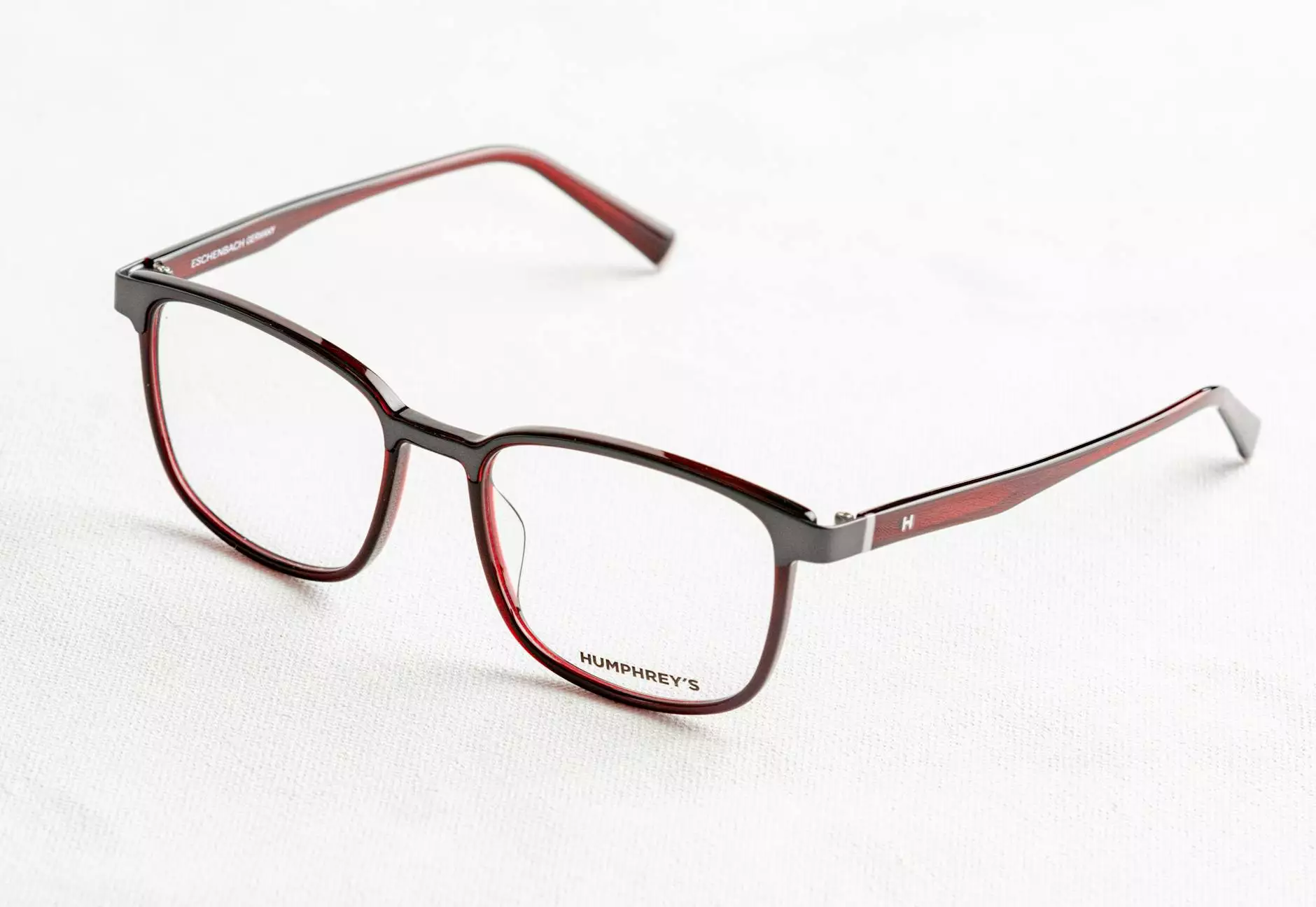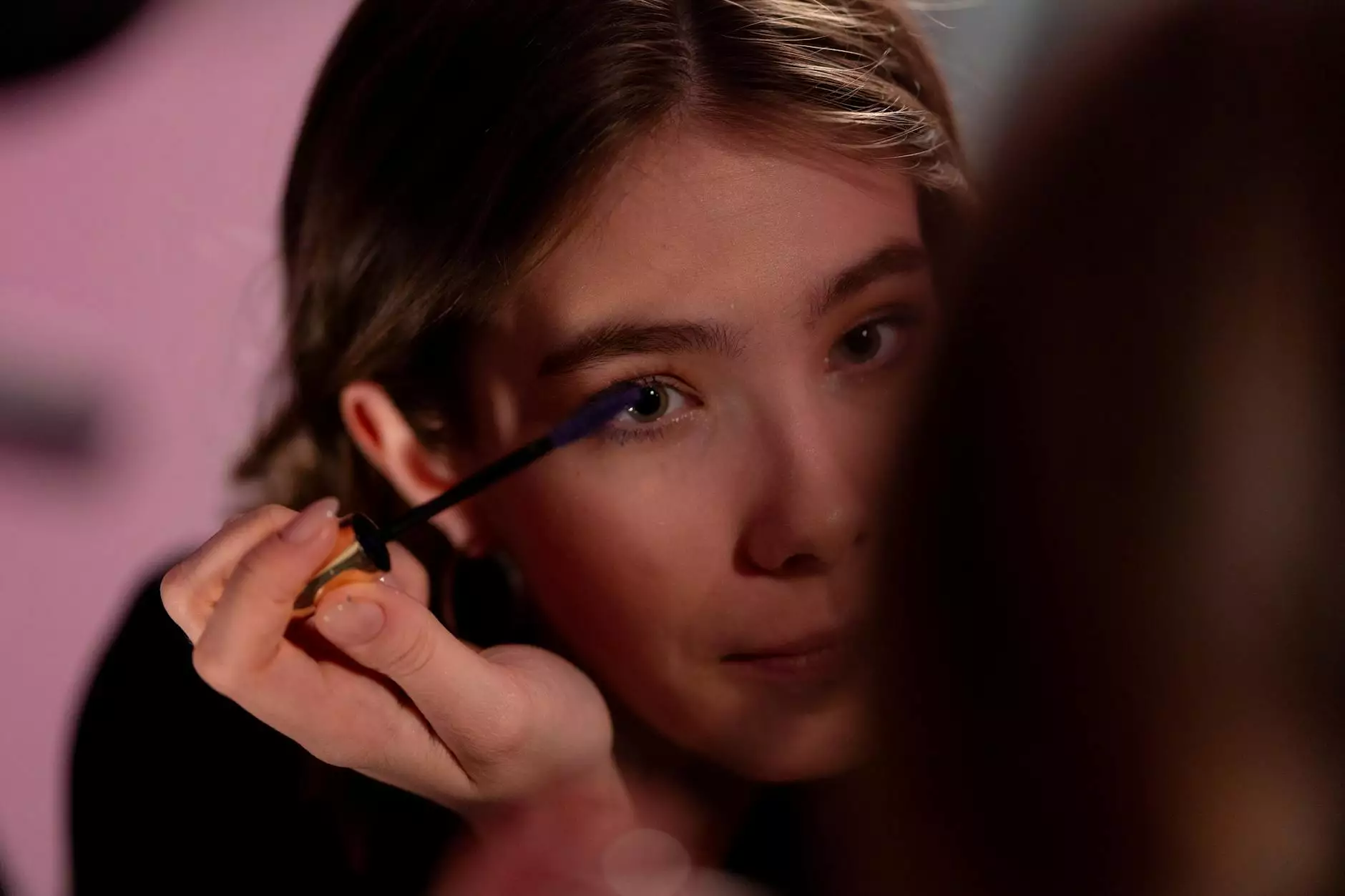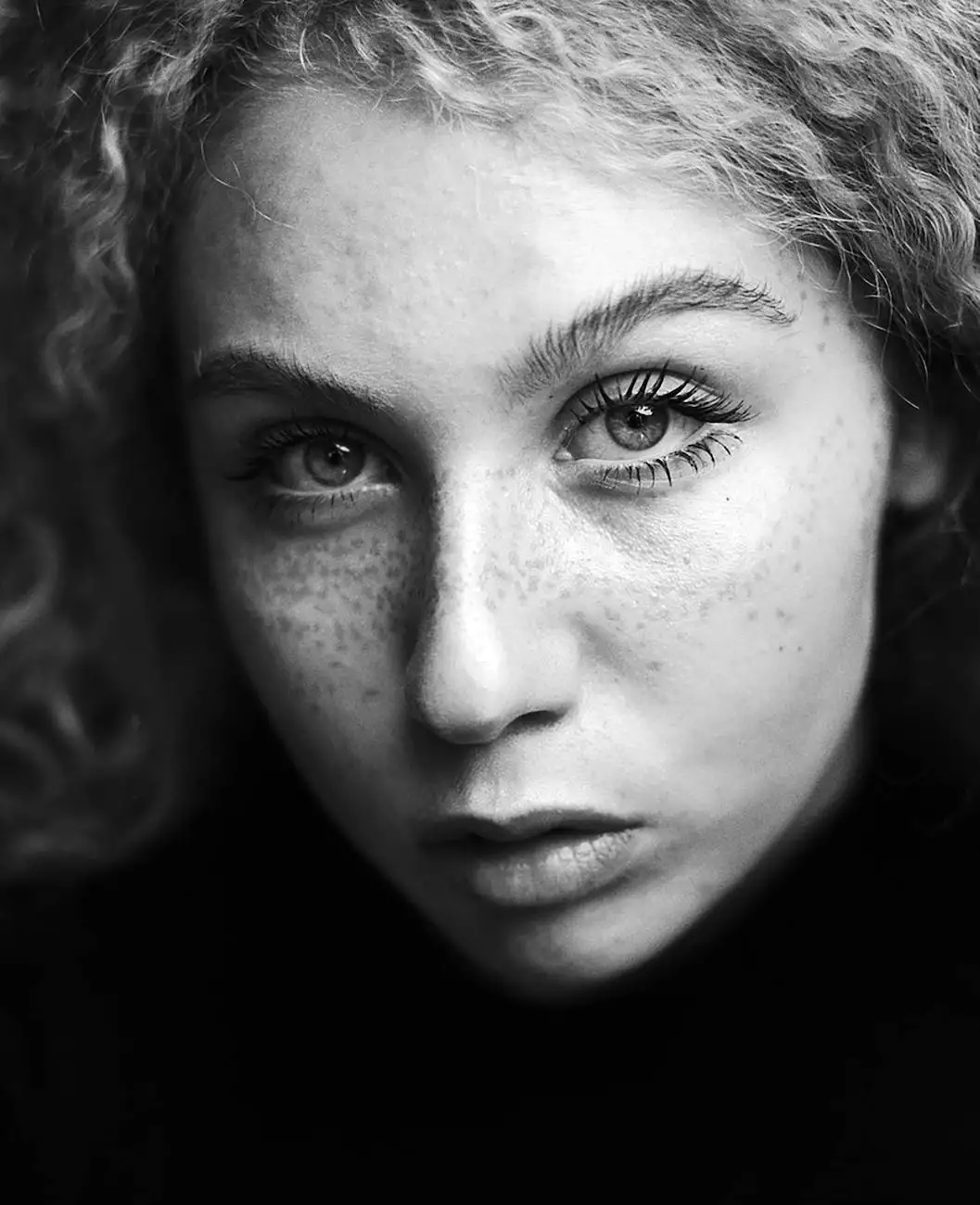Eye Allergies in Every Season
Blog
Introduction
Welcome to David J Scholten, OD, PC, where we specialize in providing comprehensive eye care services. In this article, we will discuss eye allergies in every season and how our team can help you find relief. If you are struggling with eye allergies, you're not alone. They can be quite common and often worsen depending on the season. Our goal is to provide you with valuable information and expert care to help you manage your eye allergies effectively.
Understanding Eye Allergies
Eye allergies, also known as allergic conjunctivitis, are a common condition characterized by an allergic reaction of the eyes. This reaction occurs when your eyes come into contact with certain allergens, such as pollen, pet dander, dust mites, or mold spores. The immune system releases histamines, causing symptoms such as itching, redness, tearing, and swelling of the eyes.
Seasonal Allergies
Eye allergies can occur throughout the year, but they tend to vary in severity depending on the season and the specific allergens present at that time.
Spring Allergies
Spring is often associated with increased airborne pollen, particularly from trees and grasses. Common allergenic trees include oak, birch, and cedar. Grasses like Bermuda, Timothy, and Kentucky bluegrass are also known to trigger allergies. The high pollen count during spring can lead to intense eye itchiness, redness, and watering.
Summer Allergies
During summer, grass, flower, and weed pollens can continue to cause eye allergies. In addition to these allergens, the warm and humid weather can create favorable conditions for mold growth, which may exacerbate existing allergies. If you experience eye discomfort, itching, or redness during summer, it may be due to these allergens.
Fall Allergies
With fall comes ragweed season, which is notorious for causing allergic reactions. Ragweed pollinates during this time, releasing tiny grains that can be carried in the wind for miles. Even individuals without previous allergies may experience eye irritation, sneezing, and other allergy symptoms. Additionally, mold spores from damp, fallen leaves can contribute to eye allergies in the fall.
Winter Allergies
Although winter is commonly associated with a decrease in outdoor allergens, indoor allergens can still pose a challenge. Dust mites, pet dander, mold spores, and even certain household products can trigger eye allergies during the winter months when windows are closed and heating systems recirculate air. Dry indoor air and certain eye medications used to manage other conditions can also lead to dry, irritated eyes.
Managing Eye Allergies
At David J Scholten, OD, PC, we offer a range of treatments and strategies to help you find relief from eye allergies. Our expert team will work closely with you to develop a personalized plan based on your specific symptoms and triggers.
1. Identifying Allergens
By conducting thorough allergy testing, we can identify the specific allergens that cause your eye allergies. This information helps us create a targeted treatment plan that addresses your individual needs.
2. Medications
We may prescribe oral antihistamines, eye drops, or ointments to help provide relief from the symptoms of eye allergies. These medications work by blocking the effects of histamines, reducing inflammation, and alleviating itching and redness.
3. Environmental Changes
Our team can provide guidance on making certain environmental changes to minimize exposure to allergens. This may include using allergy-proof bedding, maintaining proper indoor humidity levels, and keeping windows closed during high pollen seasons.
4. Allergy Shots
In some cases, immunotherapy options such as allergy shots may be recommended. Allergy shots work by gradually desensitizing your immune system to specific allergens, reducing their impact on your body and lessening the severity of your eye allergy symptoms.
5. Lifestyle Modifications
In addition to medical treatments, making certain lifestyle modifications can help manage eye allergies. Avoiding rubbing or touching your eyes, regularly washing your hands and face, and wearing sunglasses when outdoors can all contribute to minimizing symptoms and preventing further irritation.
Contact David J Scholten, OD, PC for Expert Eye Allergy Care
If you are seeking relief from eye allergies and excellent eye care, look no further than David J Scholten, OD, PC. Our team of highly skilled professionals is dedicated to helping you find lasting relief from eye allergy symptoms in every season. Contact us today to schedule an appointment and take control of your eye health.










